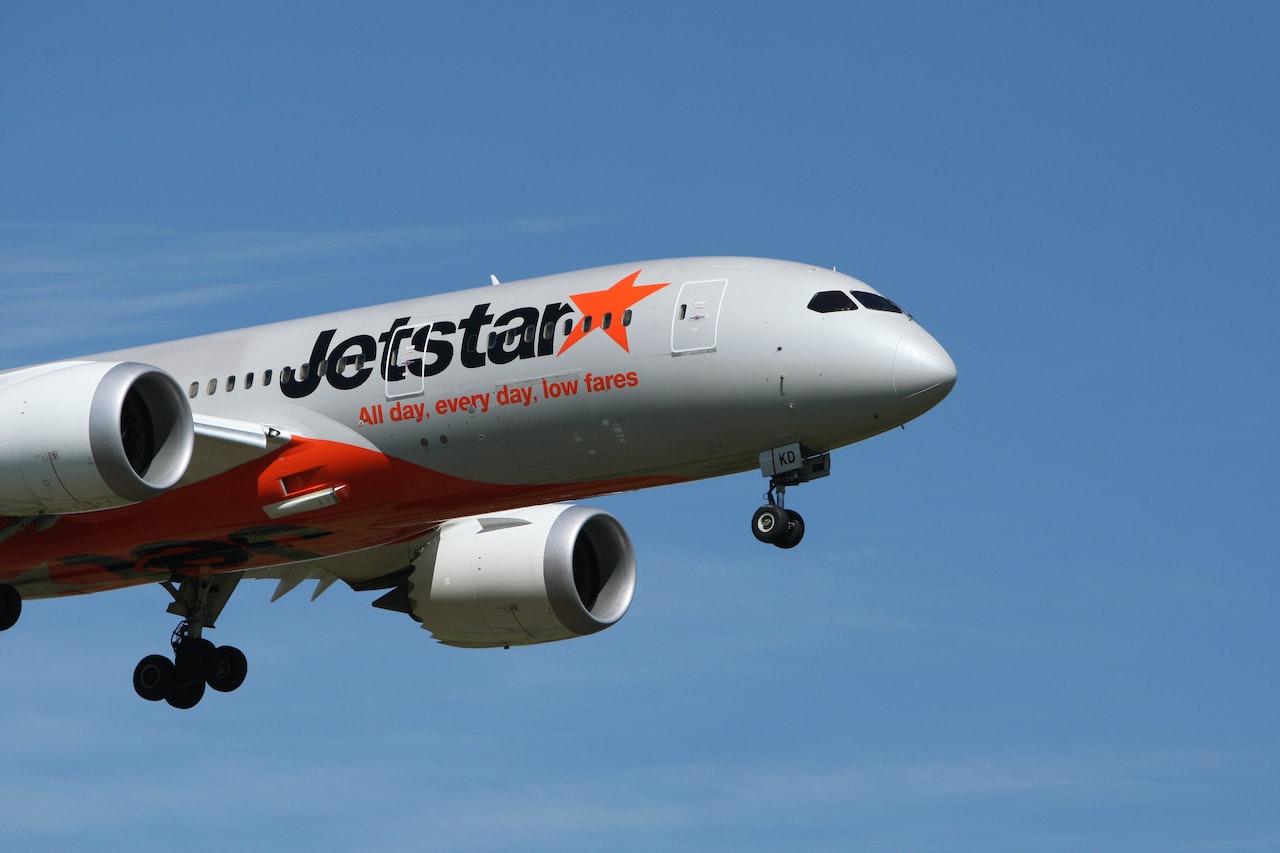Adaptive sports have opened doors for individuals with disabilities, providing not only physical activity but also a sense of inclusion and self-worth. These sports include wheelchair basketball, adaptive skiing, and sitting volleyball, among many others. However, participation often comes with barriers—equipment costs, limited access to facilities, and lack of awareness. That’s where a charity program can truly make a difference. By removing financial and logistical obstacles, these programs allow people with disabilities to thrive in competitive and recreational sports alike.
Community Outreach Through Disability Adaptive Sports Charity Program
The term Disability Adaptive Sports Charity Program refers to any organized initiative that raises funds, awareness, and resources to help individuals with disabilities participate in adaptive sports. These programs are often run by nonprofits, local governments, or private donors. Their mission is clear—bridge the gap between desire and accessibility.
They provide specialized gear, cover event registration fees, and even offer coaching support. For many athletes, this is the first step toward reclaiming independence, rebuilding confidence, and joining a community that sees ability over limitation.
Breaking Financial Barriers With Disability Adaptive Sports Charity Program
Many adaptive sports require costly equipment. A racing wheelchair, for instance, can cost thousands of dollars. Add in travel, training, and maintenance, and the costs can feel insurmountable. That’s where the Disability Adaptive Sports Charity Program steps in with targeted financial aid.
Instead of letting financial constraints define who gets to play, these programs ensure that potential and passion come first. Through grants and sponsorships, they make it possible for anyone with a disability to pursue their athletic goals, regardless of income level.
Training and Mentorship Provided by the Disability Adaptive Sports Charity Program
One of the lesser-known yet vital elements of a successful Disability Adaptive Sports Charity Program is athlete development. These programs often partner with skilled coaches and trainers who specialize in working with adaptive athletes. They offer structured training sessions, personalized fitness plans, and ongoing mentorship.
This kind of guidance doesn’t just boost physical performance—it helps athletes build mental resilience and a long-term commitment to their sport. Whether a beginner or an elite competitor, everyone benefits from support rooted in empathy and expertise.
Building Inclusive Communities Around Adaptive Sports
The social benefits of participating in adaptive sports are just as valuable as the physical ones. Charity programs often host community events, tournaments, and outreach campaigns to engage both disabled and non-disabled individuals. This fosters inclusion and mutual respect.
In these spaces, athletes share stories, celebrate milestones, and challenge stereotypes. The sense of belonging is powerful. By highlighting individual achievements, these programs change the public perception of disability—from one of limitation to one of strength and possibility.
Raising Awareness Through Disability Adaptive Sports Charity Program Events
Awareness is often the first step toward change. That’s why many organizations invest in events and media campaigns under the umbrella of a Disability Adaptive Sports Charity Program. These initiatives educate the public about adaptive sports and highlight the talent and determination of the athletes involved.
By showcasing competitions, hosting panels, or sharing personal stories on social platforms, charity programs draw attention to both the challenges and triumphs. This increased visibility leads to greater community support, more funding opportunities, and wider participation.
Conclusion
Charity programs designed to support disability adaptive sports are about much more than sport—they’re about equity, empowerment, and transformation. They provide the necessary tools, financial support, and community backing that allow individuals with disabilities to shine on their terms.



